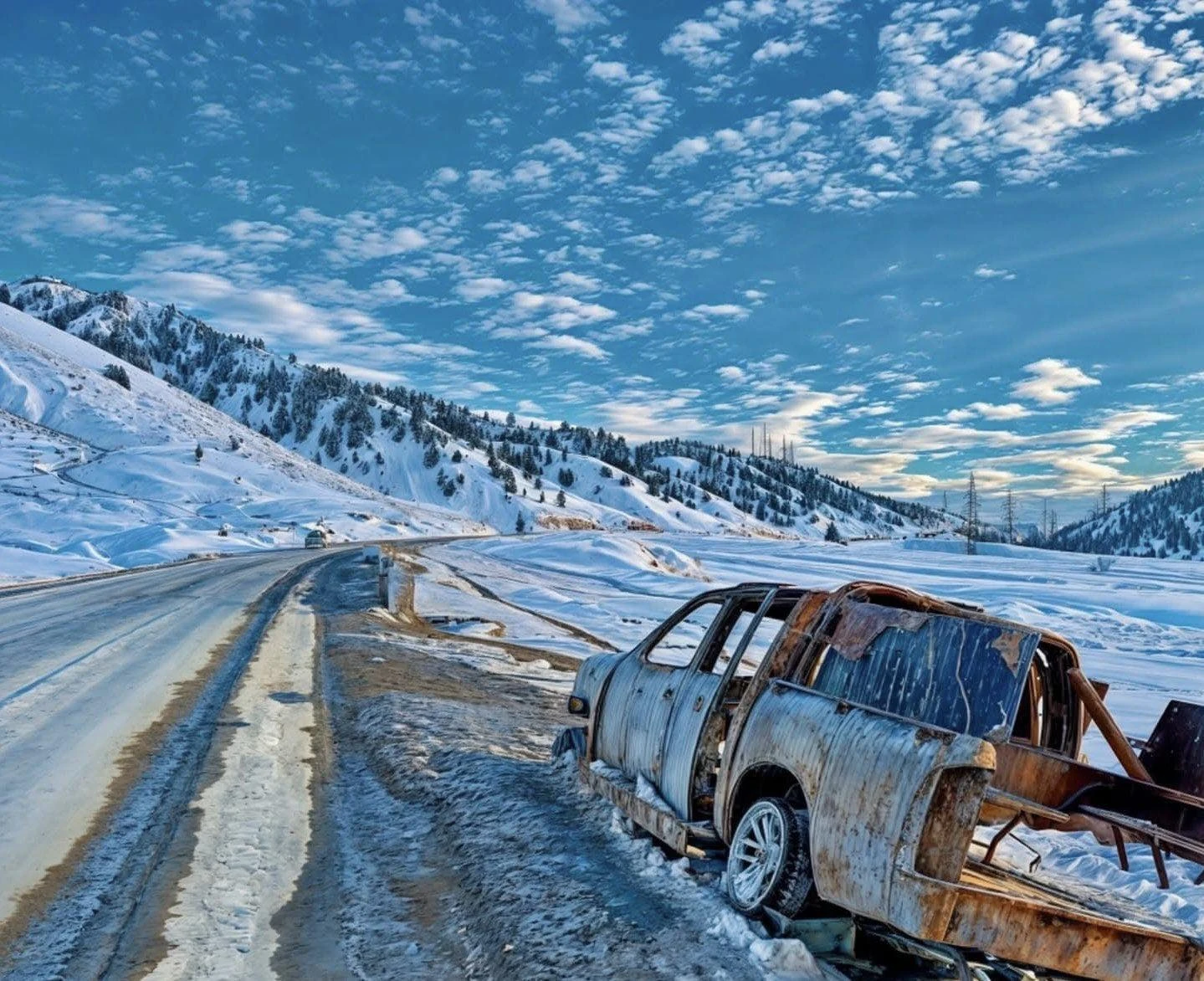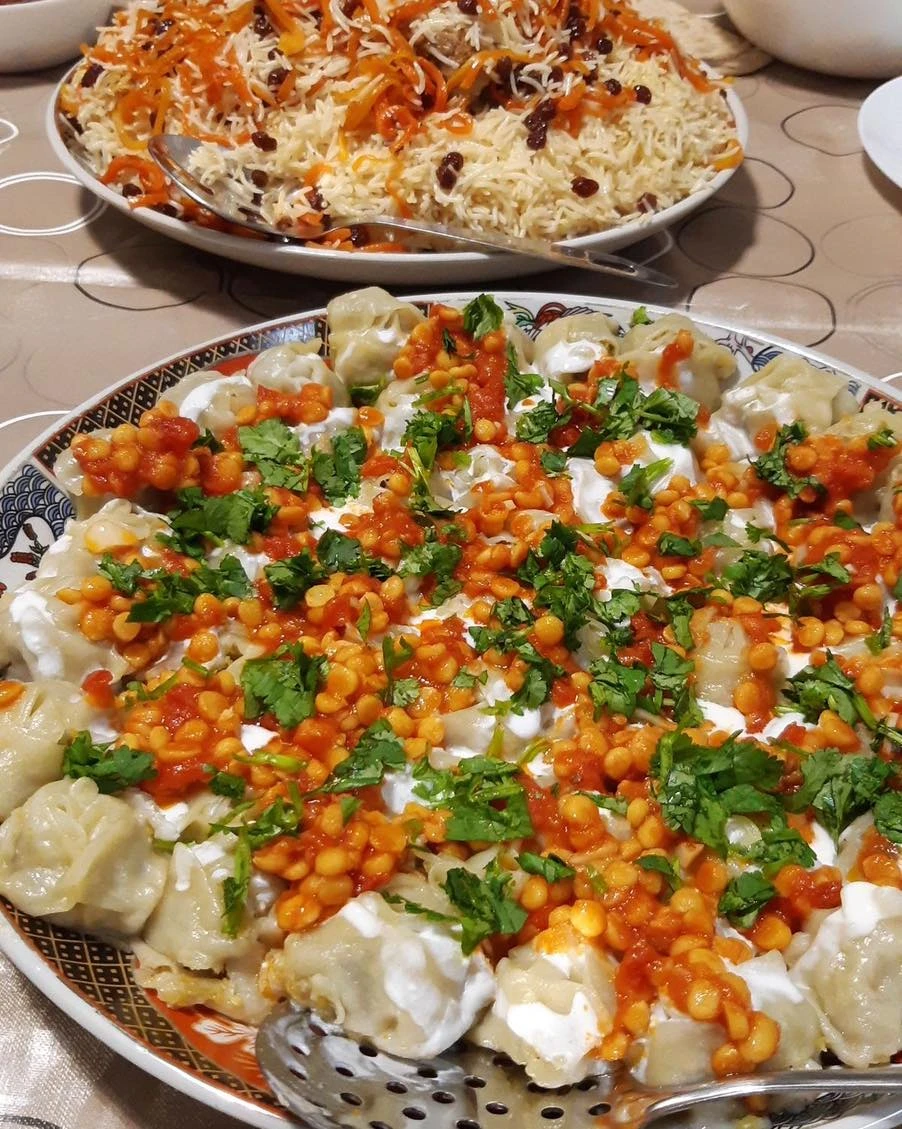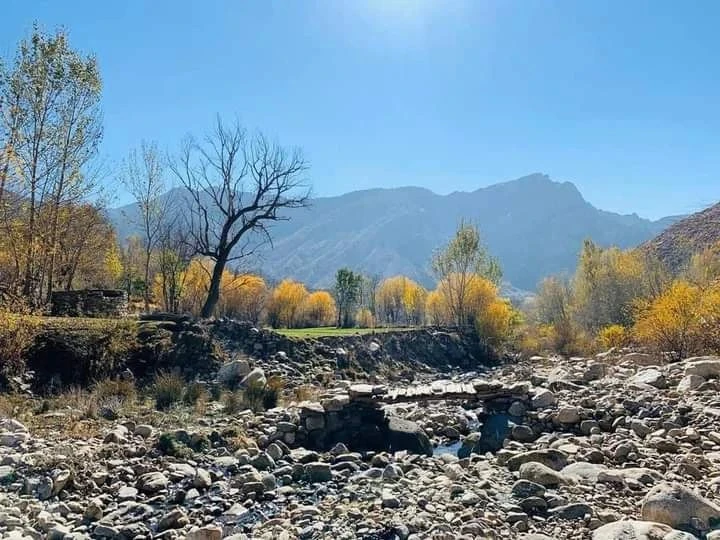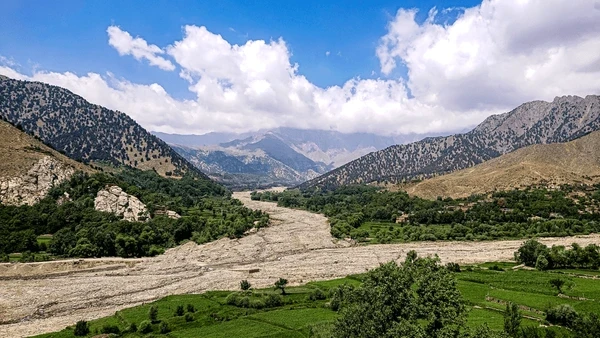A Hidden Gem of Afghanistan: Valleys, History, and Warm Hospitality
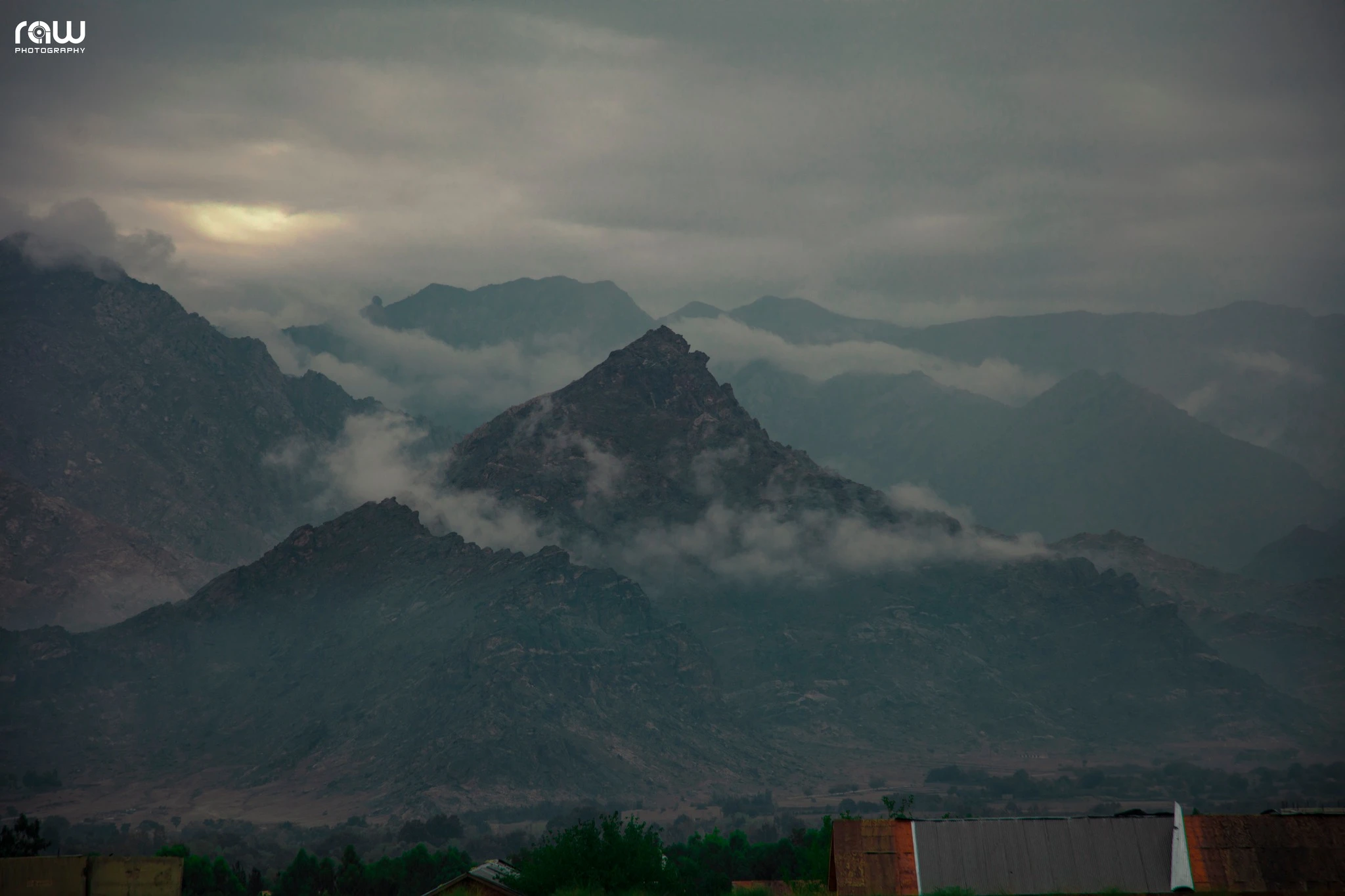
Kapisa, located in northeastern Afghanistan, is a province celebrated for its lush valleys, historical sites, and vibrant culture. Despite being one of Afghanistan’s smaller provinces, Kapisa’s natural beauty and rich history make it a destination worth exploring. Its proximity to Kabul makes it an accessible getaway, offering a blend of serene landscapes and cultural immersion.
Ancient Roots and Historical Significance Kapisa’s history dates back to ancient times, serving as a key region during the Achaemenid Empire and later as an important center of Buddhism. The province has seen the influence of various empires, including the Mughals, and holds archaeological treasures such as stupas and ancient forts.
Traditions and Heritage Kapisa is home to a diverse population, predominantly Tajik and Pashtun, each contributing to the province’s rich cultural fabric. Traditional music, dance, and handwoven crafts are integral to the local way of life. Visitors can experience the warm hospitality of the locals and partake in their vibrant cultural celebrations.
Seasonal Recommendations Spring (March-May) and autumn (September-November) are the best times to visit Kapisa. These seasons offer mild weather, blooming landscapes, and ideal conditions for exploring outdoor attractions and historical sites.
A Taste of Kapisa Kapisa’s cuisine features fresh, locally sourced ingredients. Must-try dishes include Ashak (dumplings filled with leeks), stews, and Kabuli Pulao. The region’s fresh fruits, such as grapes, and apricots, are a treat for the senses.
Stay Safe and Prepared
Comfortable Stays in Kapisa Accommodation options in Kapisa are limited to local guesthouses and inns, primarily in Mahmud-i-Raqi. For an immersive experience, consider staying with local families, ensuring you respect their customs and way of life.
Getting to and Around Kapisa Kapisa is easily accessible by road from Kabul, with shared taxis and private cars being the most common modes of transport. Within the province, hiring a local guide with transportation is recommended for exploring remote areas.
Local Markets and Crafts Kapisa’s bazaars offer a variety of traditional goods, including handwoven textiles, pottery, and jewelry. Seasonal fruit stands are a highlight, offering some of the freshest produce in Afghanistan.
Communication Essentials The primary languages spoken in Kapisa are Dari and Pashto. English is less commonly understood, so learning a few basic phrases in Dari can enhance your interactions with locals.
Traveler’s Tips Ensure you have proper travel documents and permits for your trip. Stock up on essentials in Mahmud-i-Raqi before heading to remote areas. Always respect local customs and prioritize safety during your visit.
